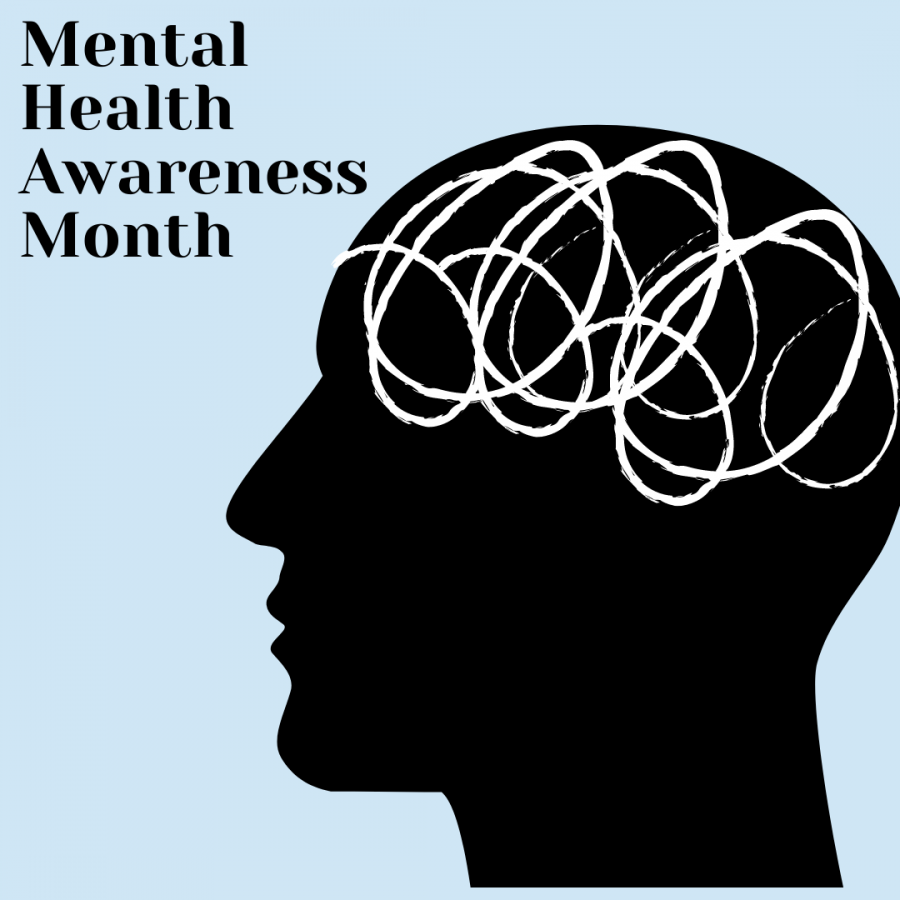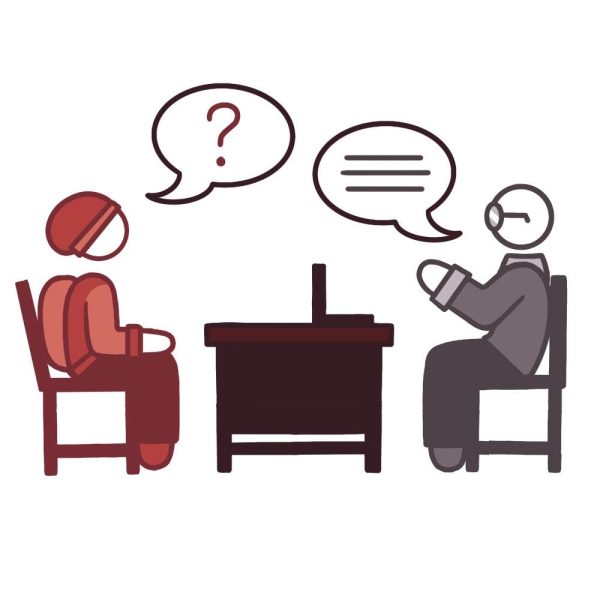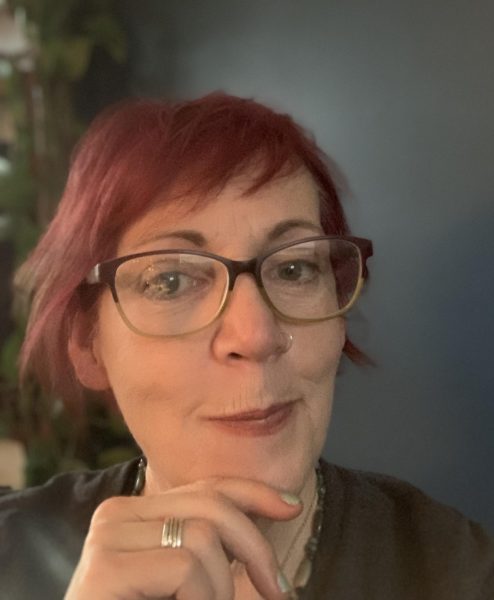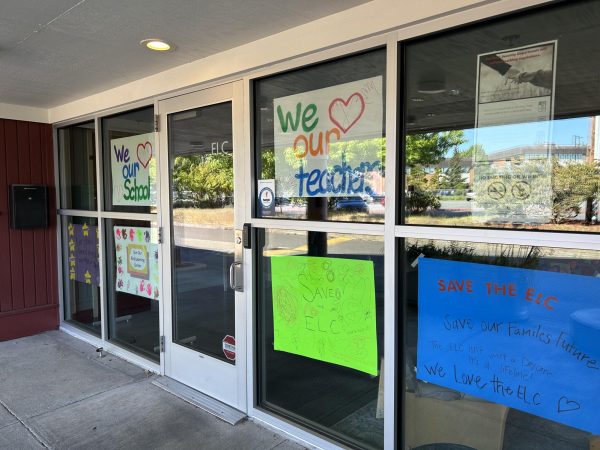EvCC and Mental Health Awareness Month
The overwhelming mental health crisis over the course of the past couple of years has skyrocketed during COVID-19 with a 93% increase in people seeking anxiety screenings compared to 2019. Even with the needed increase in mental health care and resources, with many losing their jobs forcing them to low-income state insurance, such as Medicaid, resources and care has become inadequate due to the amount of people seeking help and therapists with little to no sufficient training.
With more awareness being pushed in the media with May being assigned Mental Health Awareness Month, reformation in cost and education is necessary for future representation of mental illness in America. Kristi Leksen, associate faculty counselor at EvCC says, “If you are in poverty and more likely to have experienced trauma, you may have no mental health coverage or only qualify to see therapists with the least amount of experience, the lowest pay, and the highest rate of turnover.” Change in the mental health care system was called for before COVID-19 with shortages in healthcare professionals in 2018.
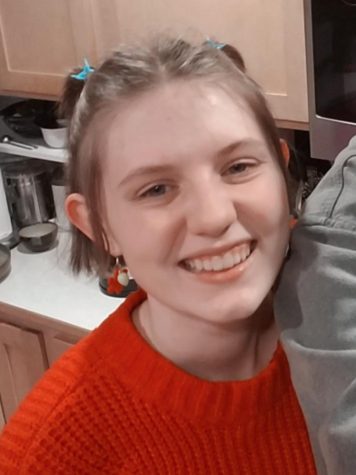
EvCC student Andi Kresl has spent most of their life feeling frustrated with the healthcare system and has been open about their mental and physical health. Kresl explained they are diagnosed with autism, OCD, ADHD, and chronic pain, and consider themselves part of the disabled community.
Kresl believes that mental illness portrayed in the media and the stigma associated with it is “disrespectful” and that mental illness is not “evil” as it is portrayed in movies. 30 to 80 % of people with mental health issues don’t seek treatment, according to a study done by the World Health Organization. Leksen wishes people knew that, “it’s normal to need support at times throughout our lives.” Underlying reasons people are hesitant to seek help are fear of being stigmatized, and unfamiliarity with the mental health care system.
Leksen provides academic, career, and personal counseling sessions to students, and she believes that, “If you are a person in BIPOC and/or LGBTQIA+ populations, it is even harder to find a culturally appropriate therapist” in regards to our current mental health care system. She advocates for this community saying that they “deserve for this to change!”
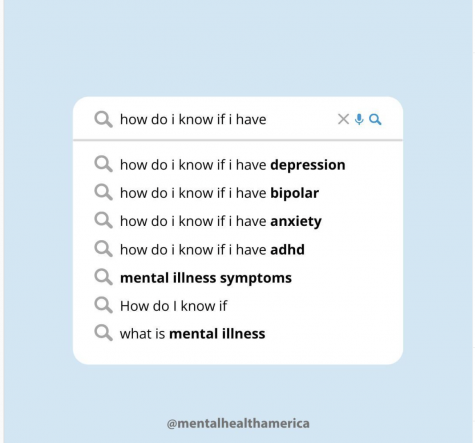
With Kresl’s experience with healthcare professionals, they wish that “they would take patients’ concerns more seriously.” The feeling of being ignored or invalidated by healthcare professionals isn’t uncommon.
Kresl recalls an instance with a doctor when trying to get prescribed ADHD medicine saying, “She didn’t take me seriously about the fact I could have ADHD until she went through my records and found a note from when I was in fifth grade about how I had trouble focusing in class. She then told me to not worry about it because ‘I seemed fine’ and that ‘most people grow out of ADHD once they’re adults.’” After struggling for years with ADHD undiagnosed, the doctor invalidated Kresl’s feelings by telling them they “seemed fine.” Doctors take special precautions when prescribing medicine, but better sensitivity training can avoid these circumstances of frustration.
Although it seems that all trust in the system is void, there are reliable resources out there that recognize the need for change, and are adapting their resources accordingly. As for Everett Community Colleges resources, students can choose who they want to talk to year round; and is “free of charge,” according to Leksen.
Although, Counseling and Student Success CSS is not exempt from the need to change towards more availability. Before COVID-19 students would come seeking CSS counseling, and found that there was no availability. EvCC student Alex Werner recalls sometimes seeing “students in tears” while using the computer in the waiting room due to lack of availability. He recalls that students weren’t able to seek immediate help and counselors were “booked for at least a week.” At this time, they are only taking remote sessions but when it comes to what to expect with CSS, availability can be inconsistent.
The underlying issues of America’s mental health care system can be categorized into three groups: invalidating, expensive and inconsistent. Many people who have experienced America’s mental health care system know that it needs to change. But those who haven’t need to become educated, to advocate for those who can’t.
When asked “What does mental health awareness month mean to you,” Kresl said, “To be honest? Never heard of it before now.”
Although this article underlines flaws in the healthcare system, if you are seeking mental help, Everett Community College has reliable resources, and is free of charge. Visit their resource page here: https://www.everettcc.edu/students/css/mental-health-resources.
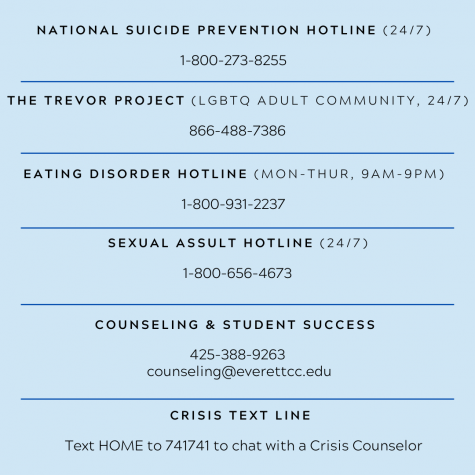
If you are seeking anyone to talk to, these hotlines are here for you. (Mikayla Finnerty)

Which words or phrases do you most overuse?
"You know what I'm sayin?"
What is an issue or topic you are passionate about?
Human rights issues...

